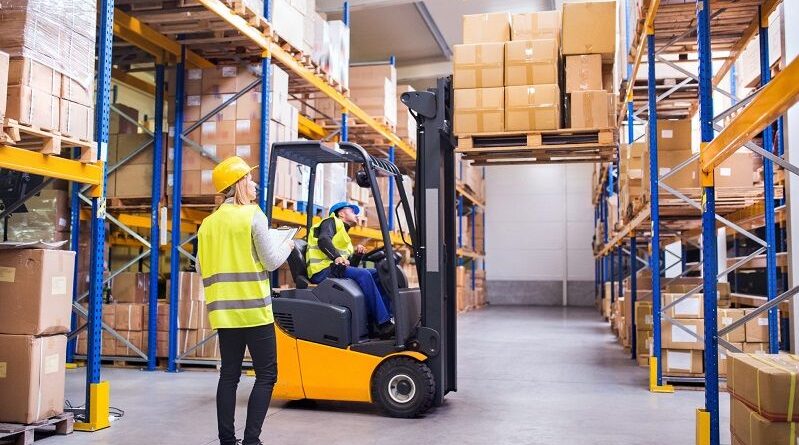Mistakes to Avoid While Enrolling in Forklift Training
Undergoing safety training is a must before you begin operating forklifts. OSHA or Occupational Safety and Health Administration guidelines are designed exclusively for employee welfare. The Forklift Academy courses, for instance, conform to the regulations imposed by a recognized regulatory body.
Understanding how to operate heavy-duty forklifts is essential to transport significant loads across manufacturing processes safely. Deputing certified and authorized personnel to control forklifts is what entities prioritize to rule out damage to company property and injury risks.
Avoidable Mistakes
Certifications earned after pursuing a reputed program like The Forklift Academy courses equip you with the requisite theoretical and practical knowledge. On completing the course, your forklift operating skills could assist you in diversifying your career and also potentially further your application process.
When enrolling for a forklift training course, ensure you avoid making the listed mistakes:
Opting for an Unrecognized Certification Program
Only a recognized certification program ensures you receive relevant training that potential employers accept. The program you opt for should reflect the regulations applicable in your region to further the course’s relevance. A training course that matches the type of forklift you intend to operate is appropriate.
Ignoring the Importance of Classroom Lectures and Hands-On Operations
During classroom lectures, you learn helpful techniques to prevent workplace accidents, property damage, and lost time injury. These classroom sessions focus on forklift safe driving, OSHA regulations, and general safety.
The hands-on practical training involves trainers’ actual forklift operation demonstration that teaches you the safest, most efficient, and effective handling approach. A set of duties comprising pre-operational equipment inspection, lifting, and loading of materials plus more complicated tasks are assigned on which you are evaluated.
The performance rating you earn from your trainer determines whether you pass the course or not. This evaluation is based on the skills you exhibit while handling and driving the forklift.
Compromising on Quality Training
Forklift certification courses that impart quality training comes with standard pricing. By opting for a cheaper course, you are likely to receive training of an inferior standard. Spending on training that meets the highest standards assures you of worthwhile returns.
The duration of the course, its various components, and trainer expertise are factors that impact the cost aspect. If you are eligible for Government-funded and employer-sponsored training programs, you save on course expenses.
Overlooking Workplace Safety Considerations
A course designed to improve workplace safety is worth pursuing. Undergoing training that can be practically, safely, and professionally applied to realistic operating situations makes a notable impact. When exposed to its challenging demands while training, you can effortlessly transition into a working environment.
Failing to Confirm Distribution of Training Material
The course you choose to enroll in must offer critical resources, including instructional videos, mock tests, demonstrations, and training manuals. If the program fails to provide necessary reference material, you will have to spend extra on purchasing these essential resources.
You are likely to perform better in dynamic settings with your forklift certification, unlike your untrained colleagues. Being certified opens up possibilities for better job prospects, promotions, and pay raises.
Complete your forklift training program from a reputed academy specializing in acquainting you with all the relevant aspects of this heavy machinery.




